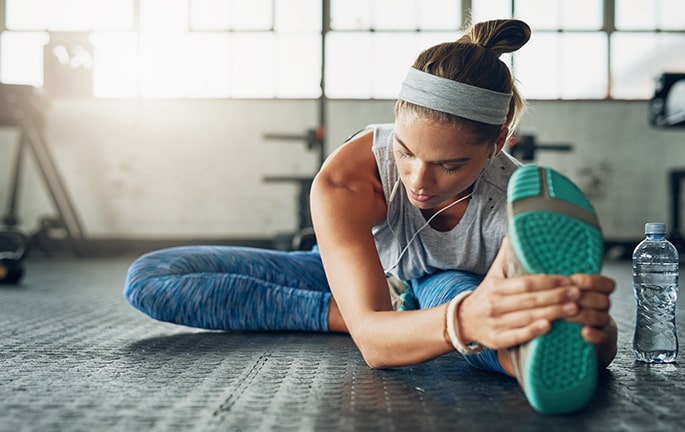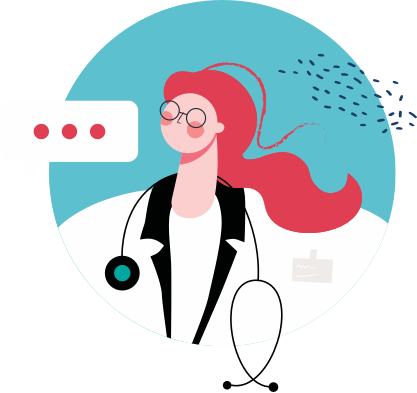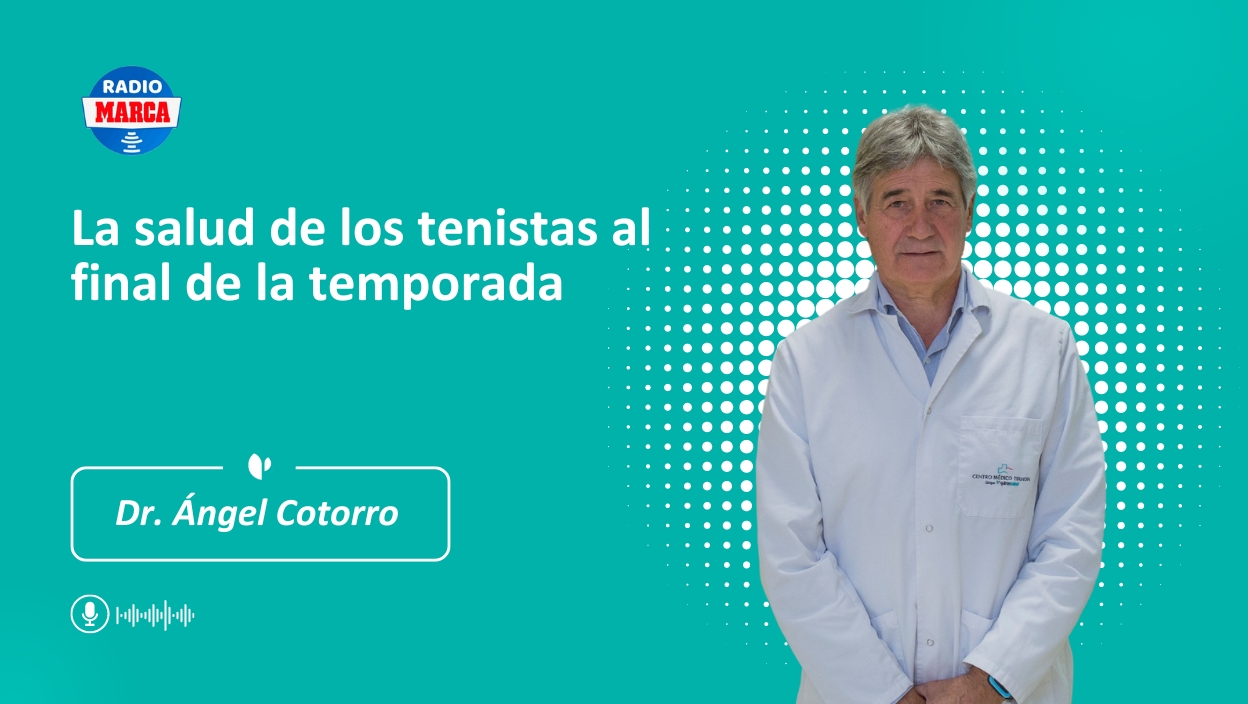Physical education and sports medicine
We tell you everything you need to know about physical education and sports medicine: what it is, which patients it treats, which diseases it treats and which procedures and treatments it uses. Book your consultation at one of our hospitals.

What is physical education and sports medicine?
Physical education and sports medicine focuses on people who engage in physical exercise and how it affects their bodies. The main objective of this speciality is the prevention of injuries and illnesses caused by sports activity, as well as their treatment when they occur.
Contrary to what you may think, sports medicine does not only treat professional athletes, but also helps people who want to start exercising without putting their health at risk.
What does physical education and sports medicine study?
Physical education and sports medicine studies the effects of exercise on the human body. Doctors in this speciality focus on three main areas in order to address each of the stages involved in the practice of sports:
- Prevention: guidance on the routines to be followed to avoid injuries and improve physical condition, such as achieving good postural hygiene or having good eating habits.
- Treatment: when it has been impossible to avoid an injury, sports doctors treat it in the least invasive way possible to enable a quick recovery. The most prominent include physiotherapy, medication or intravenous procedures.
- Rehabilitation: once the injury has healed, patients are required to follow a stimulation and exercise programme to restore the affected area to its previous state.
Which patients is it for?
This speciality treats athletes and people who exercise on a regular basis, from the moment they plan to take up a sport.
Techniques, procedures and diagnostic methods
The procedures performed in sports medicine are many and varied, ranging from routine medical examinations to complex fracture repairs. High-tech medical techniques are often used to obtain the most accurate diagnosis and optimal results, including:
- Magnetic resonance: a diagnostic imaging technique that provides images of the tissues, organs and the skeletal system through the use of a magnetic field and radio waves.
- Ultrasound: a diagnostic procedure that uses high-frequency sound waves to obtain images of the body’s organs.
- Arthroscopy: a minimally invasive surgical method used for both diagnosis and treatment of joint injuries. This method involves inserting a thin tube with a small video camera on the end through a small incision.
- Ergometry: also called a stress test, this is a diagnostic test to determine the heart’s response to physical exercise.
- PRP (platelet-rich plasma) injections: treatment for cartilage, ligament or tendon injuries, in which plasma obtained from the patient’s own blood is injected to take advantage of the body’s own healing mechanisms.
Diseases and symptoms
Main pathologies and diseases
Some of the diseases most often treated in the physical education medicine consultation include:
- Diabetes
- Tendonitis
- Sprains
- Asthma
- Fractures
- Charcot foot
- Bone infection
- Diet-related diseases
- Strains
- Epicondylitis
- Muscle strain
- Heel injuries
- Ligament injuries
Related symptoms
The main symptoms of these pathologies are:
About the physical education and sports medicine consultation
We solve any doubts you may have before you see the specialist
We recommend that you book an appointment when you are planning to take up a sport or when you have been practising it for some time. That is the best way to approach sport in a safe and healthy way.
What should you keep in mind?
At your first appointment, the specialist will take your medical history (anamnesis). Once this is completed, the doctor will ask you about the type of sport you practice and the goals you want to achieve. They will then offer advice adapted to each person’s needs in terms of warm-up exercises, recovery techniques, postural hygiene or eating habits.
What should I take to the appointment?
We advise you to bring the results of any tests that have been carried out previously and a list of the goals you want to achieve.
You may receive a questionnaire a few days before your appointment asking about your medical history, usual medication and other specific questions that will allow us to anticipate certain aspects of your consultation, helping us to expedite and personalise your care. To do this, we recommend that you download the free Quirónsalud Patient Portal application, which will facilitate communication with your healthcare team.

If you have any further questions, please contact us through the Patient Services telephone number: 900 301 013























